Maintaining intimate hygiene is often overlooked, yet it plays a crucial role in reproductive health.
The intimate area has a unique natural ecosystem where good bacteria, balanced pH, and moisture work together to protect the body from infection.
Unfortunately, daily habits that are not done properly can disrupt this balance and lead to various health issues.
Why Intimate Hygiene Matters
Unlike other parts of the body, the vagina has a natural self-cleaning system. The mucus it produces helps remove dead cells and maintain pH balance.
However, the outer area (vulva) still requires care. Sweat, menstrual blood, vaginal discharge, and urine residue can build up in this area.
Without proper cleansing, these can encourage the growth of bacteria and fungi, causing discomfort and infection.
Consequences of Poor Intimate Hygiene
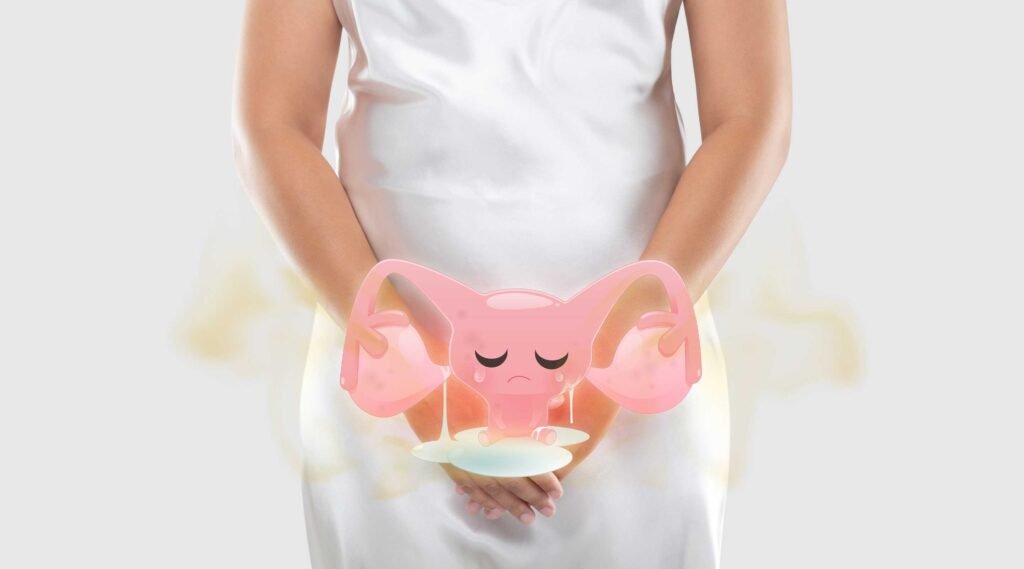
1. Higher Risk of Infection
Poor personal hygiene increases the risk of fungal and bacterial infections. One of the most common is yeast infection (candidiasis), which causes itching, thick discharge, and a burning sensation.
Another common issue is bacterial vaginosis, characterized by a strong, fishy odor. Bad habits such as holding in urine or improper cleaning can also increase the risk of urinary tract infections (UTIs).
2. Unpleasant Odor and Discomfort
The buildup of sweat, fluids, and bacteria can cause unpleasant odors in the intimate area.
This condition often leads to discomfort and reduced confidence, especially during social or intimate activities. Persistent odor may indicate an imbalance in the vagina’s natural flora.
3. Irritation and Inflammation
Not changing underwear or sanitary pads regularly during menstruation can create a moist environment that encourages fungal growth.
This can result in irritation, redness, and rashes around the vulva.
Additionally, feminine cleansers containing fragrances or harsh chemicals can worsen irritation and trigger allergic reactions or inflammation.
4. Long-Term Reproductive Health Issues
Ignoring intimate hygiene over time can lead to more serious complications. Recurrent infections that are left untreated can spread to the internal reproductive organs, such as the uterus and fallopian tubes.
When this happens, it can cause not only discomfort but also potential fertility problems later on.
Common Habits That Cause Problems
Certain everyday habits can unknowingly trigger hygiene-related issues, such as:
- Not changing sanitary pads often enough during menstruation
- Wearing tight or non-breathable underwear
- Not changing clothes after exercise
- Using harsh soaps, scented cleansers, or practicing vaginal douching can disrupt the balance of healthy bacteria
How to Maintain Intimate Hygiene
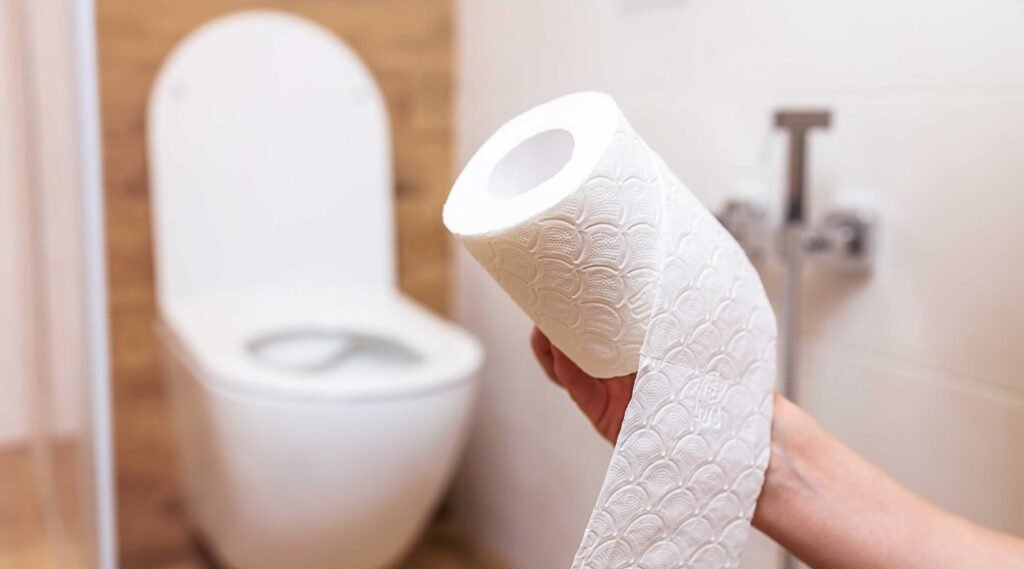
Keeping your intimate area healthy is simple. Clean the vulva with running water or mild, fragrance-free soap, and dry it gently with a clean towel.
Change your sanitary pad every 3–4 hours during menstruation, and wear cotton underwear that absorbs sweat easily.
After sexual activity, it’s important to clean the area to prevent bacterial buildup.
Avoid washing inside the vagina or using douching products, as they can kill beneficial bacteria that protect against infection.
With these simple habits, you can prevent discomfort and maintain daily confidence and health.
So, what happens if you don’t take care of your intimate hygiene?
You could face problems such as yeast infections, unpleasant odor, irritation, and even long-term reproductive health complications.
Don’t wait until symptoms appear; maintaining intimate hygiene early is a small investment for your long-term health.
If you experience unusual symptoms such as itching, a strong odor, or excessive discharge, consult a doctor promptly for proper treatment.
References
BBold. Accessed in 2025. Poor Intimate Hygiene and Its Effects on Women’s Health.
PubMed Central. Accessed in 2025. Feminine Intimate Hygiene: A Review of Healthy and Unhealthy Habits in Women.
Science Midwifery, Vol 13, No. 1, April 2025. Literature review: Personal hygiene, genitalia and adolescent reproductive health.

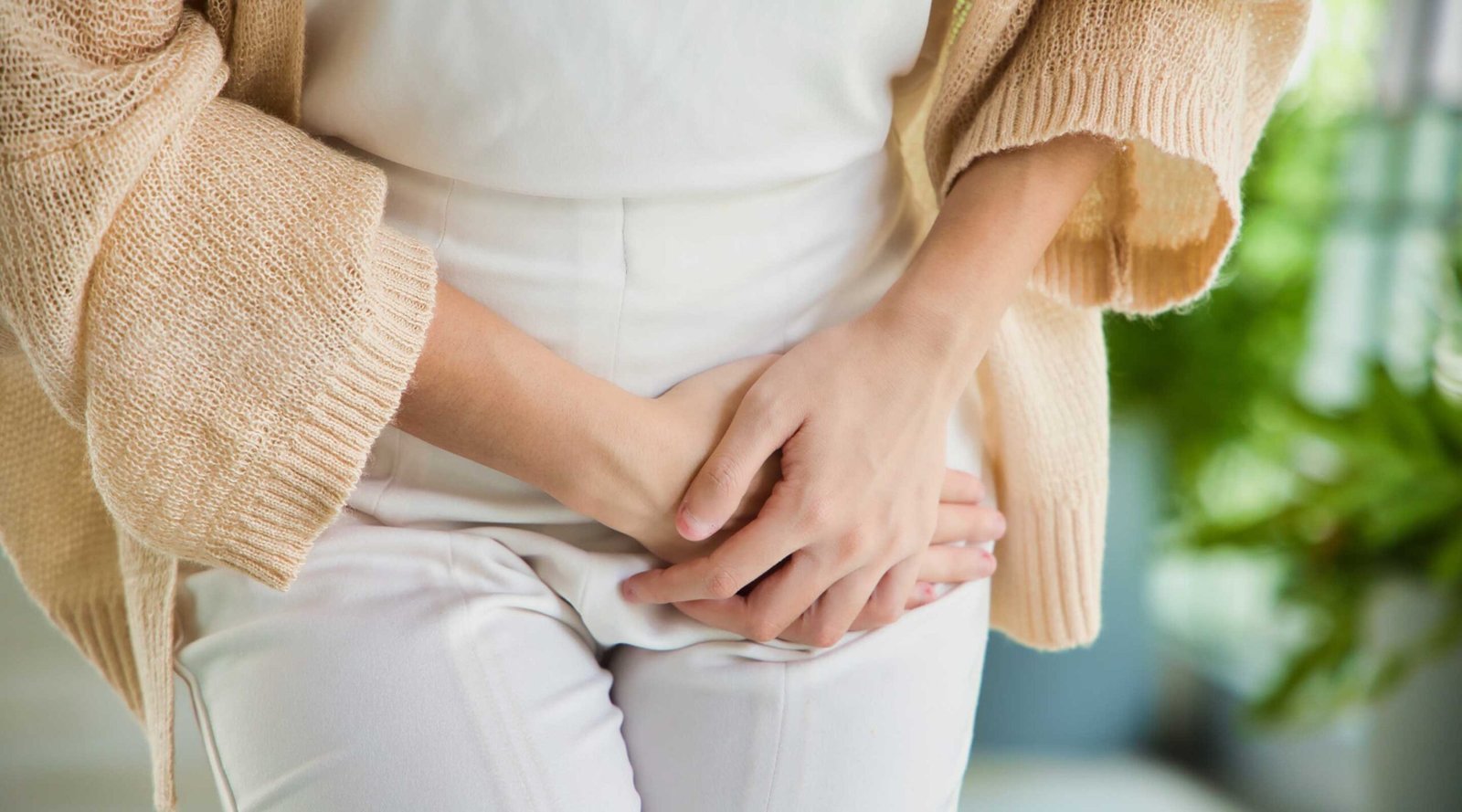


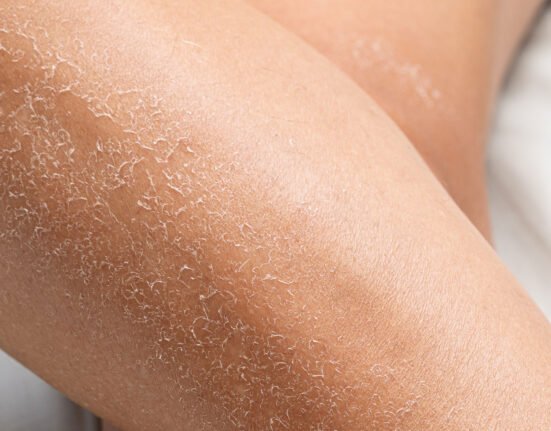

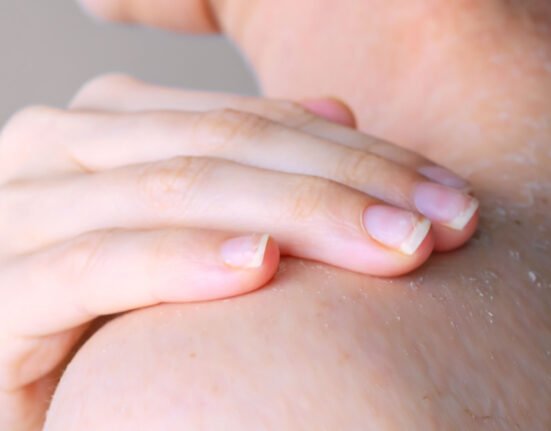
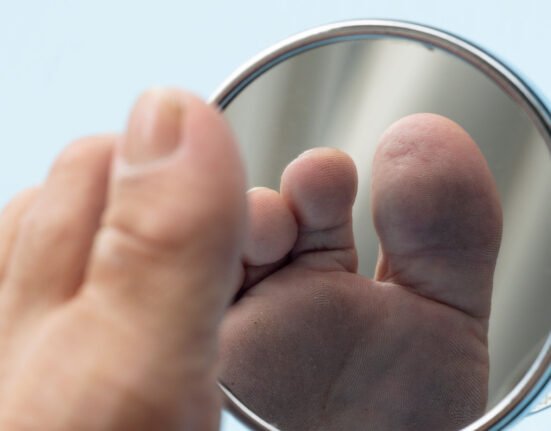
Leave feedback about this